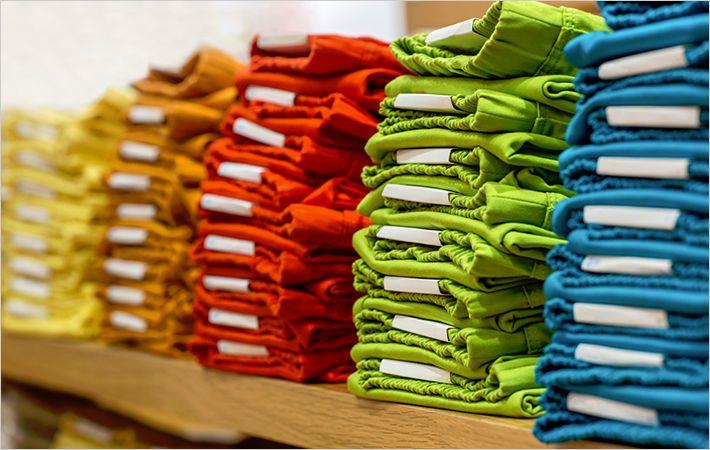The American Apparel & Footwear Association (AAFA), an alliance of groups representing firms from the Canadian, Mexican and US textile sectors, has urged the US Government to plug the loopholes in the implementation of the Berry Amendment in military clothing, textile and footwear procurement and stop the patronage offered to Federal Prison Industries (FPI).
The Berry Amendment of 1941 mandates that all textile, clothing, and footwear products purchased by the US military must be made in the United States from US materials. It is stricter than most other ‘Buy American’ requirements as it warrants, with few exceptions, that product inputs be also sourced within the United States. A strict waiver process exists for goods that cannot be sourced domestically.The American Apparel & Footwear Association (AAFA), an alliance of groups representing firms from the Canadian, Mexican and US textile sectors, has urged the US Government to plug the loopholes in the implementation of the Berry Amendment in military clothing, textile and footwear procurement and stop the patronage offered to Federal Prison Industries (FPI).#
Though thousands of US textile, apparel, and footwear manufacturing jobs depend on the Berry Amendment’s continued operation, ‘loopholes’ built into the Berry Amendment undermine the very protection it is meant to provide, AAFA executive vice president Steve Lamar wrote to the department of commerce in a letter.
As contracts at values under the simplified acquisition threshold are not subject to Berry requirements, many smaller contracts, especially at the military base or unit level, are awarded to foreign firms without bothering about the existence of domestic manufacturers that can handle the work, the AAFA letter said.
As many reports from the Inspector General and the General Accounting Office in recent years have identified enforcement concerns regarding the Berry Amendment, a stronger oversight could ensure better compliance to favour US manufacturing jobs, according to AAFA.
The recent trend of awarding contracts on price rather than best value have created ‘long-term obstacles’ for an industry dependent on the Berry Amendment and has eroded the economic health of the warm industrial base, observed AAFA.
The strongest note of concern is raised about the ‘unfair competition’ from the FPI, which conducts business under the name UNICOR. As FPI is permitted to compete as a small business, an entity that is many times larger than the largest US military uniform contractor can take contracts reserved for small and disadvantaged businesses.
UNICOR employs more than 12,000 inmates at 83 facilities and has annual revenues of around $500 million.
While the federal minimum wage is $7.25 an hour and state minimum wages are approaching $15 an hour, UNICOR products are manufactured at prison facilities by inmates paid as little as 23 cents per hour. Moreover, UNICOR facilities are not required to comply with regulations regarding safe workplaces, handling of hazardous materials and fair labour practices and its factories are set up partly through tax-payer funds, while private facilities enjoy no such advantages, according to AAFA.
UNICOR also benefits from a regulation that makes it mandatory for the federal government to award contracts to UNICOR for any products that it is capable of manufacturing even if there is a better value available from a US manufacturer.
While UNICOR’s ‘damage’ is felt by many industries, much of its ‘predatory activity’ occurs in the textiles and apparel sector. Despite federal statute dictating that no single industry should be forced to bear an undue burden because of FPI, 46 per cent of UNICOR inmates are dedicated to clothing and textile production, and those products account for 59 per cent of UNICOR’s annual earnings.
The US Government’s preference for prison-made products stands in sharp contrast to federal laws that ban the import of products made in foreign countries using prison labour, the AAFA letter added. (DS)
Fibre2Fashion News Desk – India
